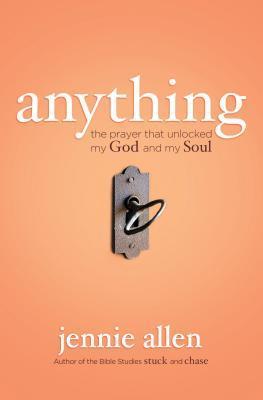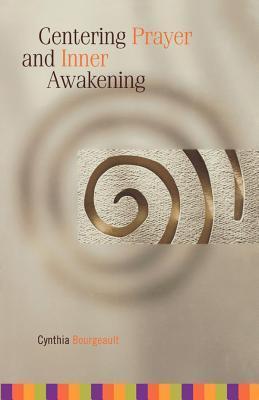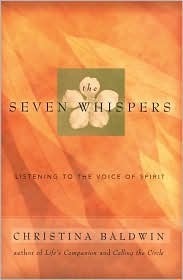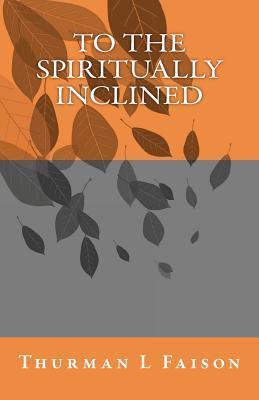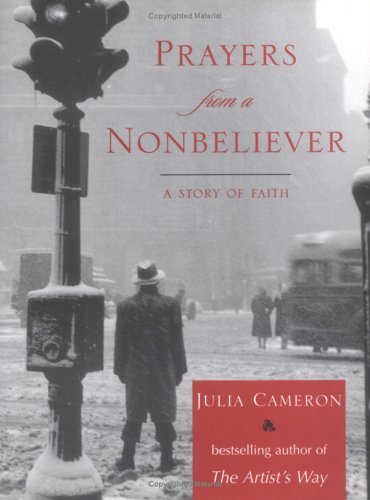
Prayers from a NonBeliever
Book Description
In a world where silence often reigns, Julia Cameron boldly shatters the notion that prayer is solely for the devout. "Prayers from a NonBeliever" is a captivating exploration of the human longing for connection, weaving poignant reflections and heartfelt invocations that transcend traditional faith. Each page reveals the transformative power of vulnerability and the courage to seek solace in the unknown. With stirring insights and raw honesty, this collection invites readers to question the very nature of belief. What if the path to healing lies not in certainty, but in the beautifully imperfect act of reaching out?
Quick Book Summary
"Prayers from a NonBeliever" by Julia Cameron is a resonant, lyrical meditation on the complicated human search for spiritual meaning. Rather than prescribing traditional dogmas, Cameron invites readers—regardless of faith—to explore what it means to reach for connection and comfort amid uncertainty. Through candid reflections, prayers, and meditations, she reframes prayer not as an act reserved for the religious, but as a universal language for vulnerability, hope, and self-inquiry. Cameron's writing encourages the reader to find solace in honest yearning and the willingness to commune with the unknown, highlighting how spiritual connection is often forged in the space of doubt. Ultimately, the book makes a case for the radical power of asking, listening, and trusting that healing can emerge even from unanswered questions.
Summary of Key Ideas
Table of Contents
Redefining Prayer Beyond Belief
Julia Cameron’s work challenges preconceived notions of prayer, positioning it as an act accessible to everyone, not just the religious. She frames prayer as a personal tool for connection that transcends institutional dogma or specific belief systems. For Cameron, prayer is conversation—an honest dialogue with the self, others, or the unknown. This reframing opens prayer to skeptics, seekers, and anyone longing for comfort or guidance, expanding its relevance beyond traditional boundaries.
Vulnerability as a Path to Connection
Central to the book is vulnerability. Cameron’s prose lays bare the rawness of seeking solace, extending permission to approach prayer without certainty or clarity. She reflects on her own doubts and hardships, using personal narrative to show that genuine connection often emerges when we allow ourselves to be seen in our longing and confusion. Vulnerability, she emphasizes, is not a weakness, but a potent force for transformation and self-discovery.
Finding Solace in Uncertainty
The book acknowledges and even celebrates the uncertainty inherent in the search for meaning. Cameron asserts that comfort can be found not in unwavering belief, but in the courage to engage with unanswered questions. By embracing doubt, the reader learns to see the act of reaching out—whether to God, the universe, or simply into the silence—as a deeply human expression of hope and trust. This stance reframes uncertainty from a source of anxiety to an opening for wonder and growth.
The Courage to Seek Without Certainty
Cameron encourages readers to cultivate the bravery required to seek comfort and understanding in the absence of clear answers. She offers prayers and meditations that are honest in their questioning, embodying a spirit of reaching without expectation. The act of asking, she suggests, is itself an essential practice—a daily gesture of hope that has the potential to heal and empower.
The Healing Power of Honest Expression
Ultimately, the book advocates for a radical honesty in spiritual expression. Cameron demonstrates how articulating one’s true feelings, fears, and desires, regardless of certainty or faith, can lead to healing. Through its blend of poetry, memoir, and meditation, "Prayers from a NonBeliever" shows that solace is found not only in being answered, but in having the courage to honestly express one’s inner world. The book leaves readers with a profound sense that reaching out—in all its imperfection—is itself a vital, healing act.
Download This Summary
Get a free PDF of this summary instantly — no email required.

